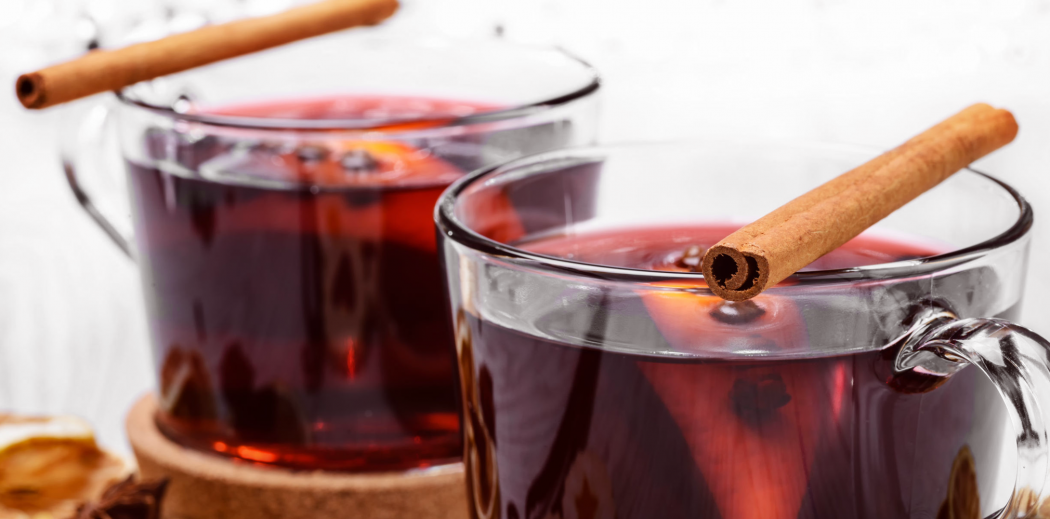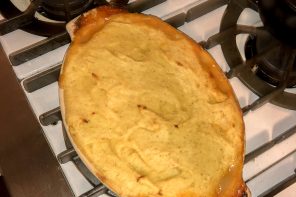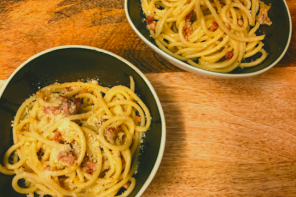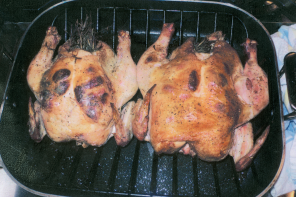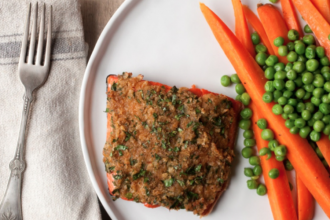The most wonderful time of the year hasn’t truly started until you’ve indulged in your first cup of mulled wine. It’s a winter darling enjoyed by mankind since Antiquity. People continued knocking it back throughout the Middle Ages and it remained a Yuletide fixture in Victorian England. We still can’t get enough of the stuff, especially once it’s time to deck the halls.
Wine has been a major part of human culture since we first figured out how to make it. Unfortunately, weather can be fickle. Sometimes a bad harvest hits that lovingly tended vineyard and the grapes are underwhelming. Heating wine and infusing it with spices is a long time favorite strategy for masking flavors from spoiled wine or weak vintages. Thanks to the rise of trade along the Silk Road during the Roman Empire, new spices like ginger, cardamom, cinnamon and nutmeg flooded into Europe and improved food and drink across the Continent.
The practice of mulling survived the fall of the Empire and medieval Europeans took to it even more than the Romans did. Like their predecessors, Europeans found that steeping herbs, spices and a host of other ingredients in wine for medicinal purposes made a pretty potent health potion. Heating it was an effective way of fighting off winter chill, at least for a little while. So it’s no surprise that mulled wine took off in a massive way in countries like Germany, Austria and the Scandinavian countries once the practice appeared to wane in the more southern countries. The German’s glühwein is still a staple in Christmas markets and the ever-popular Nordic glögg is often taken to the next level with the addition of more spirituous stuff like akvavit, brandy or vodka.
At what point did mulled wine become equated with Christmas? We have one Charles Dickens to thank for that; the writer included a passage which mentioned Smoking Bishop, a popular mulled wine of the day, in his classic A Christmas Carol.
Today the mechanics remain the same. Cheap red wine + spice + a little sumthin’ sweet = mulled wine. Why cheap, you ask? Best not to waste the good stuff in your cellar; between the sugar and spice, mulling masks a wine’s finer points.
If wine isn’t your thing, try mulling cider this winter to assail your senses and warm your spirit. You may not be able to bottle holiday cheer per se, but a hot cup of mulled wine is a great way to get Christmas in a glass and survive the season with a comfortable glow.

